How to protect your business when staff are working from home
With many companies planning to introduce software to monitor staff productivity remotely*, HR experts have highlighted top steps to protect business owners when staff are working from home.
According to a recent YouGov survey on remote-working compliance commissioned by Skills Cast*, one in five firms has introduced or is planning to implement software that can track employees’ work remotely to monitor their productivity.
These actions could put business owners in breach of the General Data Protection Regulations (GDPR) and pose a risk to businesses if employees feel their privacy has been invaded as part of the monitoring process.
The Employment Practices Code** states that an employer is liable to pay compensation for damage suffered by an individual as a result of a breach of data protection law, arising from the actions of the line manager, if it is clear that the line manager has been acting outside of their authority.
As an employer, it is important to make sure that you have clear procedures and training in place to avoid breaching any data protection laws, and the HR experts at Breedon Consulting have outlined proactive ways in which business owners can ensure that they are compliant whilst staff are remote working.
Managing director of Breedon Consulting, Nicki Robson, said: “Throughout the pandemic, the UK workforce has experienced a rise in the number of employers using technology and spyware to monitor employees’ activities while they are working from home. This can be damaging and could negatively impact employee and employer relations.
“With good management, employers should be able to trust their employees and should have sound measures in place which demonstrate whether or not staff are working efficiently without the need for spyware options. Instead, employers need to support managers in managing the situation, as coming down heavy on employees is counterproductive.
“The HR side of Breedon Consulting has employment legislation at its heart, from compliance documentation such as contracts and handbooks, to dealing with employee relations issues in line with legislation - we can advise clients on what’s changing going forward and provide management training services to ensure that businesses are fully prepared.”
Here are the steps you can take to protect your business when staff are working from home:
1. Provide key training around the GDPR legislation
It is a key requirement for all businesses to train their staff on GDPR legislation. Ensure that you are providing adequate training for your team and have a data protection policy in place. Senior employees must be made aware that they need to be transparent with staff about how they are using and safeguarding the personal data of employees, inside, and outside of the business and should provide an employee privacy notice for this purpose.
2. Sharpen management skills
Implementing good management practices that employers can follow while staff are working from home can increase staff efficiency and trust without the need for micromanagement and productivity monitoring software. Management should be practical, supportive, and flexible while bearing in mind that staff working from home could potentially be dealing with homeschooling and anxiety.
3. Strengthen communication
Managing a team remotely can prove difficult and poor communication can make the situation more complicated. Make sure your business has robust communication mechanisms in place to keep employee/employer relationships strong. Remote working arrangements need to be structured with regular check in’s, 1-2-1 meetings and key performance indicators (KPI) & Service Level Agreements (SLA) monitoring. Set expectations so all team members are on the same page within your business.
4. Offer technology training
Staff members may not be aware of how best to use technology when working from home. Avoid assuming that it will be an easy switch for staff to leave the office and continue their roles in a remote working arrangement, it may be overwhelming for them to set up by themselves. Provide employees with the opportunity to take up technology training or computer refresher courses. Once staff members are aware of how to use their technology, they will also be less likely to accidentally breach data protection laws while remote working.
It is important that you comply with data protection legislation and have adequate policies and procedures in place. Your organisation can be inspected and could face significant penalties if your practices are in breach of GDPR.





